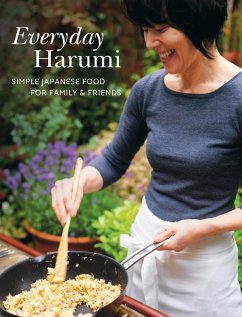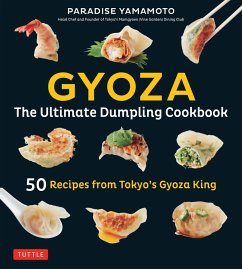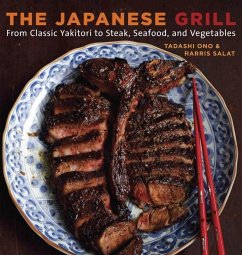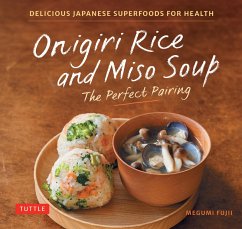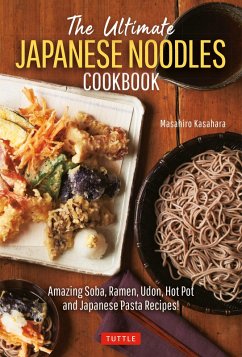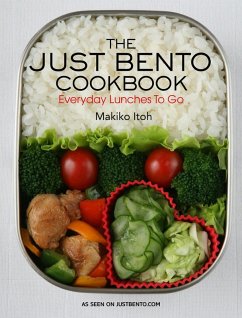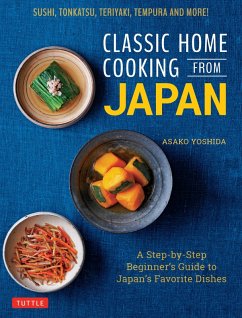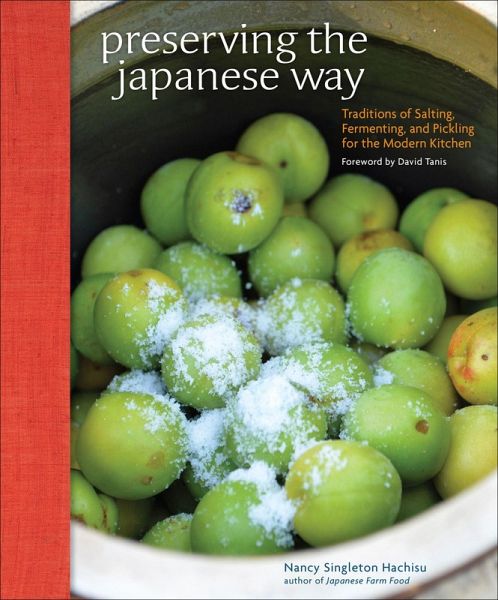
Preserving the Japanese Way (eBook, ePUB)
Traditions of Salting, Fermenting, and Pickling for the Modern Kitchen
Versandkostenfrei!
Sofort per Download lieferbar
19,25 €
inkl. MwSt.
Weitere Ausgaben:

PAYBACK Punkte
0 °P sammeln!
This beautifully illustrated guide by the author of Japanese Farm Food includes essential Japanese pantry tips and 125 recipes. In Preserving the Japanese Way, Nancy Singleton Hachisu offers step-by-step instructions for preserving fruits, vegetables, and fish using the age-old methods of Japanese farmers and fishermen. The recipes feature ingredients easily found in grocery stores or Asian food markets, such as soy sauce, rice vinegar, sake, and koji. Recipes range from the ultratraditional- Umeboshi(Salted Sour Plums), Takuan(Half-Dried Daikon Pickled in Rice Bran), and Hakusai(Fermented Nap...
This beautifully illustrated guide by the author of Japanese Farm Food includes essential Japanese pantry tips and 125 recipes. In Preserving the Japanese Way, Nancy Singleton Hachisu offers step-by-step instructions for preserving fruits, vegetables, and fish using the age-old methods of Japanese farmers and fishermen. The recipes feature ingredients easily found in grocery stores or Asian food markets, such as soy sauce, rice vinegar, sake, and koji. Recipes range from the ultratraditional- Umeboshi(Salted Sour Plums), Takuan(Half-Dried Daikon Pickled in Rice Bran), and Hakusai(Fermented Napa Cabbage)- to modern creations like Zucchini Pickled in Shoyu Koji, Turnips Pickled with Sour Plums, and Small Melons in Sake Lees. Hundreds of full-color photos offer a window into the culinary life of Japan, from barrel makers and fish sauce producers to traditional morning pickle markets. More than a simple recipe book, Preserving the Japanese Wayis a book about community, seasonality, and ultimately about why both are relevant in our lives today. "This is a gorgeous, thoughtful-dare I say spiritual-guide to the world of Japanese pickling written with clarity and a deep respect for technique and tradition." -Rick Bayless, author of Authentic Mexicanand owner of Frontera Grill





